Top UK and Dutch brands have a lot in common. Their main problem is the lack of something called meaningful difference compared to global leaders like Google, Apple or Tencent, causing brands to fall behind. What are the differences and similarities between brands like Ocado and AH, Vodafone and KPN? And why do British consumers shop online at Amazon, while the Dutch are loyal to local brands like Bol.com or Coolblue?
The Kantar BrandZ top lists of the most valuable brands in the UK, The Netherlands and globally provide good insights in these questions. Both Dutch and UK top brands managed to overcome the impact of the Covid-19 pandemic.
Premier league
UK top 75 brands have grown 22% since 2020 to a overall brand value totaling $278.8 billion. The top 3 remained the same. Vodafone is UK's most valuable brand with a brand value of $30.9billion (+34%), followed by HSBC ($15,6 billion, -17%), Shell ($15,4 billion, -4%) and Tesco ($11,2 billion, +33%). Covid-19 made its mark though, given the fact that the fastest risers and new entrants are all delivery specialists, profiting from the pandemic: Royal Mail (no.52, $1.4bn, +83%), Ocado (no.13, $5.7bn, +72%), ASOS (no.27, $2.8bn, +65%) and Deliveroo (no.25, $3.0bn, +58%). Media and entertainment providers fared well too, with the Premier League gaining its inaugural inclusion in the top 75 – valued at $5.4 billion.
Recovery after big dip
Dutch brands showed signs of recovery too, but that is not reflected in the 2021 Kantar report. The total value of the BrandZ Dutch Top 30 fell 12 percent in the 2021 rankings, dropping $11 billion in value for a total brand value of $81 billion. In The Netherlands the top brands are Royal Dutch Shell (no.1; $14.9 billion, -21%), Philips (no.2; $11.9 billion, +8%) and Heineken (no.3; $11.6 billion, -8%) comprising almost half of the total brand value. In The Netherlands new entries and fast risers like drugstores Kruidvat (no.27; $0.23 billion) and Etos (no.28; $0.21 billion) and coffee brand Douwe Egberts (no.19; $0.76 billion, +35%) profited from the pandemic.
Difficult to compare
However, a comparison with the UK brands is not entirely fair. "The Dutch report was published in November last year and labeled 2021 and the UK report was published last month. We see in the UK, that there was a big dip in 2020, followed by a recovery, bringing back the brands to where they were in 2019," says Martin Guerrieria , Global Head of Research BrandZ Kantar. ,,Given the recovery of the economy, it's a fair assumption to say this happened in The Netherlands as well."
Falling behind
The UK's leading brands are showing positive signs of recovery in the wake of the pandemic and have leapt in value by 22% to reach a new record high of $278.8 billion. But this year's findings also show that British and Dutch brands continue to trail behind global competitors. The most valuable global brands have grown in value by 42% in the past year, and the top 100 Chinese brands by 57%, the Kantar reports show. Vodafone (no.60) is the only UK-brand in the global Top 100. Shell nor other Dutch brands made it to the top 100 this year. And if the current trend continues, none will be included in the ranking at all by 2023. It's obvious: UK and Dutch brands are falling behind. "It's not because these brands are not strong or not doing well, it's because massive global players are doing very, very well," says Guerrieria.
Meaningful difference
What the most valuable UK and Dutch brands struggle to achieve compared to the most valuable global brands is something Kantar calls meaningful difference. It's what a brand has to offer that others do not and what makes a positive difference to people's lives. It's what makes global leaders like Amazon, Apple, Google, Microsoft, Tencent or Facebook indispensable in the eyes of consumers. Guerrieria: "Any brand has to establish this concept of meaningful difference. It's the goal for any brand to achieve and it should be the goal for any marketing spend and strategy. Your goal as a marketer is to imbue your brand with meaningful difference. That is the key. If we are choosing a bank, a car or a local brand, that's what is going to set a brand apart and influence our choice. Regardless of the industry, that meaningful difference can boost your business in any sector, whether it's in The Netherlands or in the UK."
Four ingredients
Kantar identified four key ingredients for brand building with meaningful difference as the ultimate goal. Brands need to outperform the competition in the crucial areas of responsible brand building (building trust, confidence and loyalty in consumers through purposeful behaviour), meaningful innovation (meeting people's needs and adding value to consumers' lives), creative communications (marketing messages that make a brand stand out from the crowd, with strong and positive emotional associations) and unique experiences (understanding consumers and shoppers of today and tomorrow – on and offline). The challenges for UK and Dutch brands are very similar, whether they are active in finance, telecommunications, oil and gas, tech or other sectors. "Ultimately the challenge is the same: can you really stand apart against the brands the B2B or B2C consumers are choosing amongst," says Guerrieria.
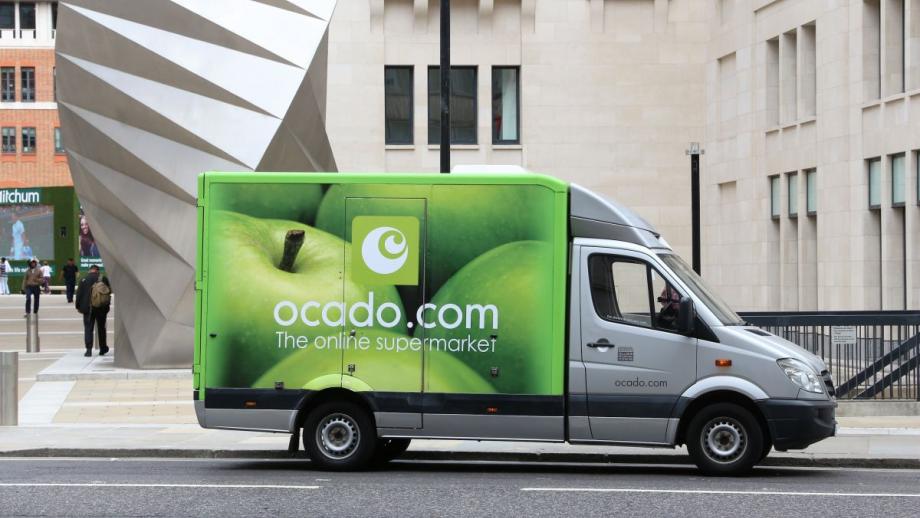
Ocado and AH
In the food sector grocery store brands Ocado (no.13 UK) and Albert Heijn (no.15 NL) are making a meaningful difference in their home markets. "In our data AH stands out as a market leader in groceries. It is perceived to be very innovative and to be leading the way. They have been on the front in starting an online delivery service and self scanning, they focus more on the high-end of the spectrum and on fresh and vegan products. What also helps is the things they do around transparency of products origin," Guerrieria says. "As the consumer needs change, the importance of the environment and ethics play a much bigger role in business decision making than it ever has. AH is evolving their brand. It all adds to a perception: oh, they are a leader in their sector, they are very innovative, they must be the best."
An equivalent in the UK is online supermarket Ocado, one of the fastest risers in the UK top 75 (+72% brand value). "They were the first online-only supermarket, they achieved success, they are seen as disruptive, they are seen as leaders, as innovators and they are seen as attractive," he says.
Secret of success
Ocado gained from the pandemic, thanks to a solid e-commerce strategy. Guerrieria: "The brands that have succeeded despite Covid really invested in building a strong brand prior to Covid. Ocado is a great tool. In the UK, as soon as everybody had to order his groceries online, where did everyone turn to? To Ocado. Because everyone knew they were the best already. Our clients ask us all the time: what is the secret of success during Covid? The secret actually is having invested in your brand before Covid."
Amazon and Coolblue
As Covid accelerated digitization in almost every industry, it's no surprise online and digital companies are moving up in Kantars top listings of valuable brands. Amazon is now the most valuable brand in the world. No wonder British consumers do the most of their online shopping at the Amazon platform. Its UK counterpart Argos is not even among the 75 strongest brands. In The Netherlands however, most consumers shop online at Bol.com (no.16), and Coolblue (no.17). Why are they remaining loyal to local e-commerce platforms? It is because they are masters in good customer service, Guerrieria thinks. Coolblue's service for instance provides customers with optional delivery time slots, so they do not have to wait at home all day. Their delivery employees ride electric cargo bikes, lift heavy white goods up to the desired floor, install these appliances and make sure they work correctly. This explains its Dutch success, but the company wants more. Last year Coolblue entered the German market, taking on major market competitors like Amazon.
"This is what meaningful difference means. Coolblue's aura of service is a brand equity. They have recognized that service is a key need in a unique brand experience. That can be a huge differentiator and a huge brand builder as well," he says.
Strong beer brands
There are four beer brands present In the Dutch top 30 (Heineken, no.3, Amstel. No.12, Hertog Jan, no.25 and Grolsch, no.26) while in the UK chart Brewdog (craft beer, no.54) is the only representative. Heineken is even the number 4 most valuable global brand in the alcohol top 20. "Dutch beer brands really stand out as strong brands against other Dutch brands. Heineken is a classical example of that. Brewdog defines to an extend the success of craft beer in the UK, which is know a much bigger trend than it ever was," he explains.
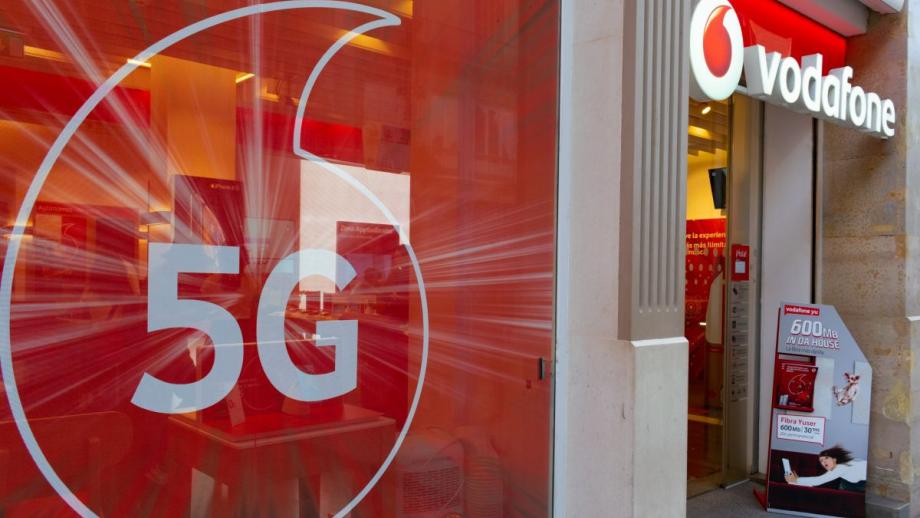
Vodafone and KPN
In the telecommunications sector UK's Vodafone is the most valuable brand of the country, while local leader KPN is number six in The Netherlands. Why is that? Both profited from the pandemic, when people were working at home and needed to be connected. According to Guerrieria the answer is simple. "Vodafone has a global presence in a large number of markets and KPN has not. They are similarly strong on their respective markets though. We are not saying Vodafone is a stronger brand. We are just saying Vodafone is a more valuable brand," he explains.
Brand value
The increase of brand value exceeds the economic growth of the businesses. That's because brand value is only partly based on the market value of a company. Kantar BrandZ valuations isolate the value generated by the strength of the brand alone in the minds of consumers, removing all other elements. It calculates the financial value and the contribution of this value in de brand equity – the magic component - , resulting in a brand value. "Trying to influence that intangible aspect of brands in our minds is the big opportunity for marketers and brand builders to ad real value to their businesses. Despite the difficulties that are out there in the world, with the right offer and the right strategy this is still a massive opportunity for them," says Guerrieria.
Unilever
Kantar determines i.e. the ability of a brand to deliver value to the company by predisposing consumers to choose the brand over others or pay more for it, based purely on perceptions, using in-depth quantitative consumer research with more than 170,000 consumers annually, and globally. That's why the market value of a Dutch company like Booking.com is 99 billion dollars, but the brand value in The Netherlands is only 9.4 billion. Also a company like Unilever (market value over 100 billion dollars) is not present in the charts because it's not a brand but a company selling brands like Dove or Ben & Jerry's. International financial value still being one of the important parts of the equation also explains why Spar (no.9) is a more valuable brand in The Netherlands than Albert Heijn (no.15). Guerrieria: "The Spar brand value is not a Dutch brand value but a global brand value. It's the same reason why Lipton is no.5 in the UK. It's a not so big as a in the UK but it is huge in the US and very large in India."


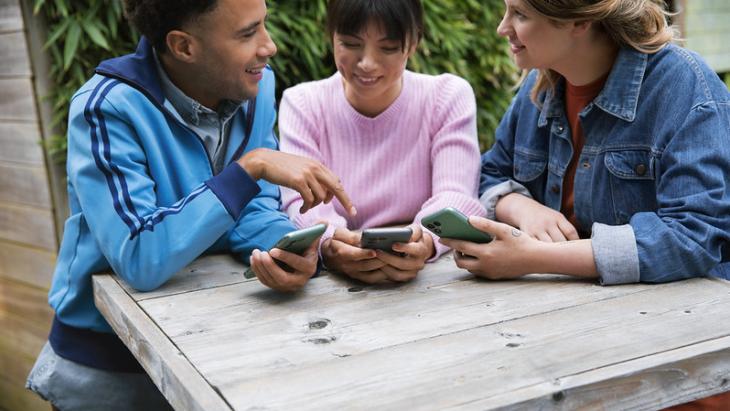
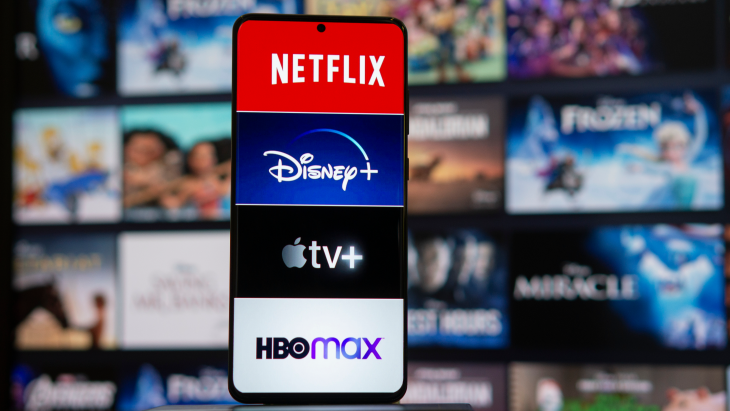
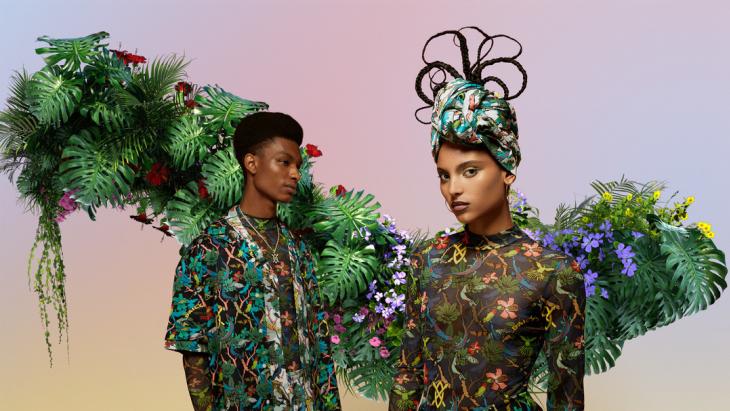
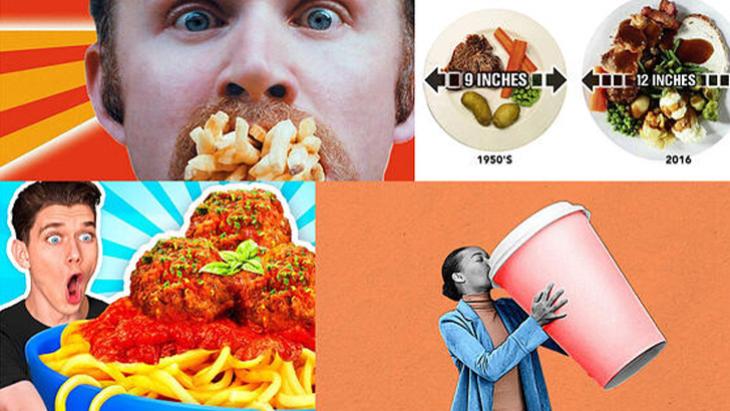
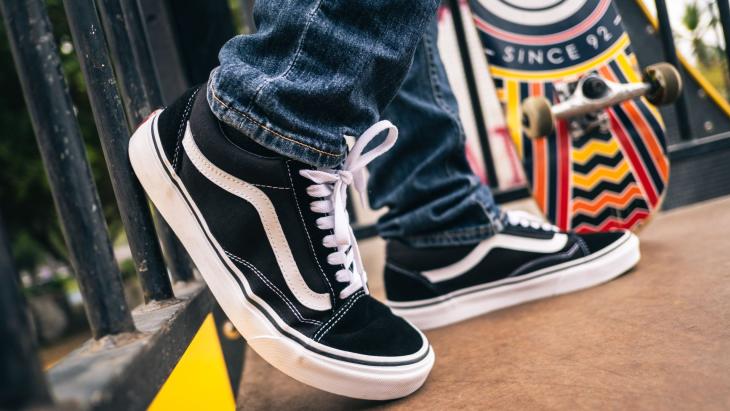
Plaats als eerste een reactie
Ook een reactie plaatsen? Word lid van Adformatie!